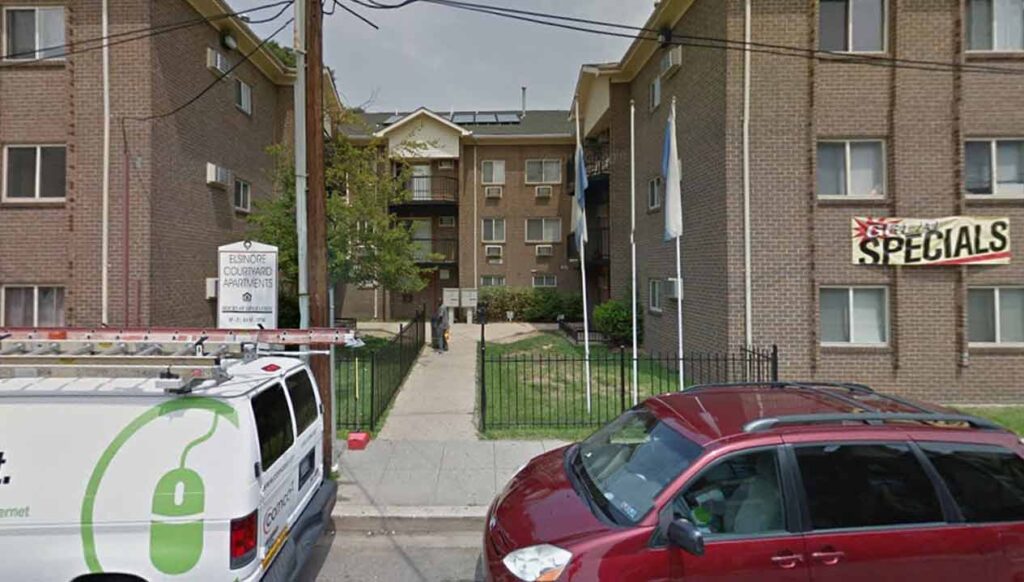For many people living on the streets, homelessness comes down to two simple truths; affordable housing is increasingly hard to find in the United States, and mental illness and lack of access to treatment services too often prevent people from gaining or holding steady jobs and securing the stable income they need to pay rent.
The 2004 Hunger and Homelessness Survey, released by the U.S. Conference of Mayors in December 2004, cited these as the top two reasons why people were homeless in 2004. The report’s other sobering findings highlight the growing challenges that confront homeless people and service providers.
The statistics collected by the conference in its survey of 27 major cities across the nation starkly outline the affordable housing pinch across the United States and how it picks the pockets of the poor. D.C. did not take part in the survey.
The survey reports that “requests for assisted housing by low-income families and individuals increased in 68% of the cities during the last year . . . [and] city officials estimate that low-income households spend an average of 45% of their income on housing.”
The conference survey also stated that people who try to get into public housing must wait an average of 20 months. People applying for Section 8 housing vouchers, highly sought-after rent assistance certificates, typically spend three years on a waiting list. And 59% of the cities in the survey have stopped accepting applications for some assisted housing programs because too many people are waiting to get in.
Concerning the second-leading cause of homelessness in the United States in 2004, the survey estimates that roughly 23% of the homeless people are affected by mental illness and lack of access to treatment services, and roughly 30% are involved in substance abuse. The National Resource Center on Homelessness and Mental Illness reports that up to 50% of homeless people with mental illness have co-occurring mental illness and substance abuse disorders, and these complex combinations both make it more difficult for service providers to offer targeted treatments and decrease the likelihood that this sector of the homeless population will seek treatment in the first place.
The survey’s identification of mental illness as a leading cause of homelessness has prompted concern among service providers in D.C. and nationwide, and for good reason. In 1991, the American Psychologist argued that the barriers to treatment, rehabilitation, housing, and job entry are dauntingly high for homeless people with mental illnesses. “Because of dramatic decreases in low-cost housing, anyone with uncertain income, rental payment, or behavior may be unable to secure housing,” observed the authors.
Substance abuse and a lack of access to associated treatment needed services was the third-leading cause of homelessness in the United States in 2004, followed by low-paying jobs, unemployment, domestic violence, poverty, and prisoner reentry.
As for the demographics of the homeless, 40% of the homeless population consists of families with children. Single men constitute 41% of the population; single women, 14%; and unaccompanied youth, 5%. Forty-nine percent of the population is African-American, 35% is white, 13% is Hispanic, 1% is Native American, and 1% is Asian. Veterans make up 10% of the population, and 17% of people living on the streets are employed in full- or part-time jobs.
Requests for emergency shelter increased in the survey cities by 6% overall, and requests for shelter by homeless families increased by 7%. In more than half the cities, some families had to break up to find shelter placements for family members.








